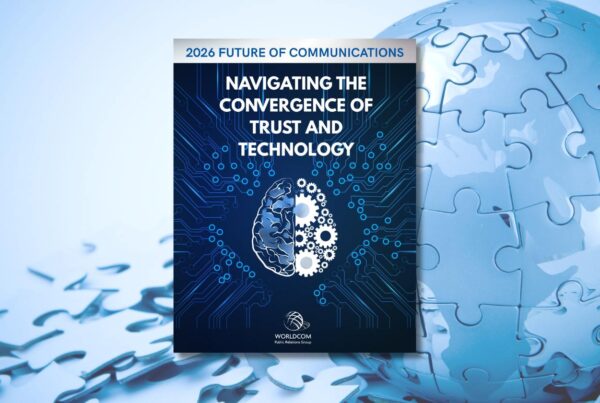By Jennifer Lewis
Clients from all different industries all want one thing: earned media coverage. From a client perspective, landing a prime-time interview is equivalent to winning the lottery. They see it as an opportunity to propel their business, gain recognition, increase sales, and reach new audiences. However, while most public relations (PR) professionals will agree that media coverage is vital in raising brand awareness, there is much more to securing news than meets the eye.
You Don’t Control The Story
Period.
While reporters and editors will initially respond to a PR pitch and attempt to be as transparent as possible, neither the PR specialist nor the client can alter or change their narrative of the story. Every business has a story to tell, but every reporter also has an agenda. This further proves the importance of knowing the reporter’s work and their sentiment regarding the organization’s industry. For example, do they usually skew negatively in their writing pertaining to political pressures? Perhaps pitching a controversial CEO with opposite views should be avoided. The best approach is to prepare extensive briefing documents with interview questions, media train clients, and for the love of PR – know the reporter’s beat!
Earned Media Is More Powerful Than Paid Media
There are two avenues in obtaining coverage for clients: earned media, also known as organic, free coverage, attained through authentic correspondence with writers and reporters, and paid media, a placement in a publication that is, you guessed it, paid. Both types of media coverage are essential, and the two can easily complement each other. Still, while there are more liberties a client can take with a paid opportunity, earned media delivers reliability in the brand that cannot be bought. Authentically obtained, media coverage serves as a third-party endorsement for a brand and is regarded with a much higher status than if a placement was paid for.
You Don’t Have To Be Aggressive To Get Coverage
Reporters are people with jobs, deadlines, families, and a life outside of their careers. While most will certainly appreciate a few follow-up emails when appropriate, bombarding the media with phone calls, texts, LinkedIn connections, and social media DM’s (yes, I’ve seen it), is disrespectful and can result in being blacklisted by the reporter or the publication. Most writers are pitched close to a hundred times a day. While it’s ideal to receive feedback and a reason if they choose to pass on the story, time restraints allow for each reporter to respond individually, only sometimes. You don’t have to be aggressive and ruthless to get coverage, but you do need to be mindful and courteous. You could write the best pitch in the world, but if you are not well-mannered in your communication, no story will be worth the reporter’s time, no matter how good it may be.
Don’t Believe The Myth: Not All Press Is Good Press
Whoever invented this old wives’ tale, never understood a thing about PR. Yet, believe it or not, some clients still buy into the myth to this day. Unfortunately, bad press is just that – bad press. An unflattering story will disrupt sales, affect obtaining future customers and tarnish a brand’s reputation. If your client’s company is in the middle of a PR crisis, confront it. Addressing the elephant in the room gives you control of the story and tackles the situation head-on, an approach both the media and consumers will appreciate.
All You Need Is A Press Release
A press release is a suitable starting point when announcing a company milestone, but more is needed to generate earned media coverage. Unless the news is garnered from one of the biggest brands in the world, and let’s face it, most companies do not come close to garnering coverage from a simple press release; it is vital to pitch the news to the relevant publications and reporters that may want to post a follow-up article or interview. Many publications will syndicate a press release as is, but the real story, the one worth telling, will come directly from a reporter.
It’s Hard As Hell
Top-tier reporters are pitched by hundreds of PR professionals daily. It is challenging to get their attention and secure earned media coverage. Building relationships helps over time; the more versed PR specialists become in the various verticals and beats of the reporters pitched, the better. But even a powerful story can often get overlooked. Media pitching is one of PR’s most rewarding yet challenging aspects, and anyone who says differently has never walked a mile in our shoes.






